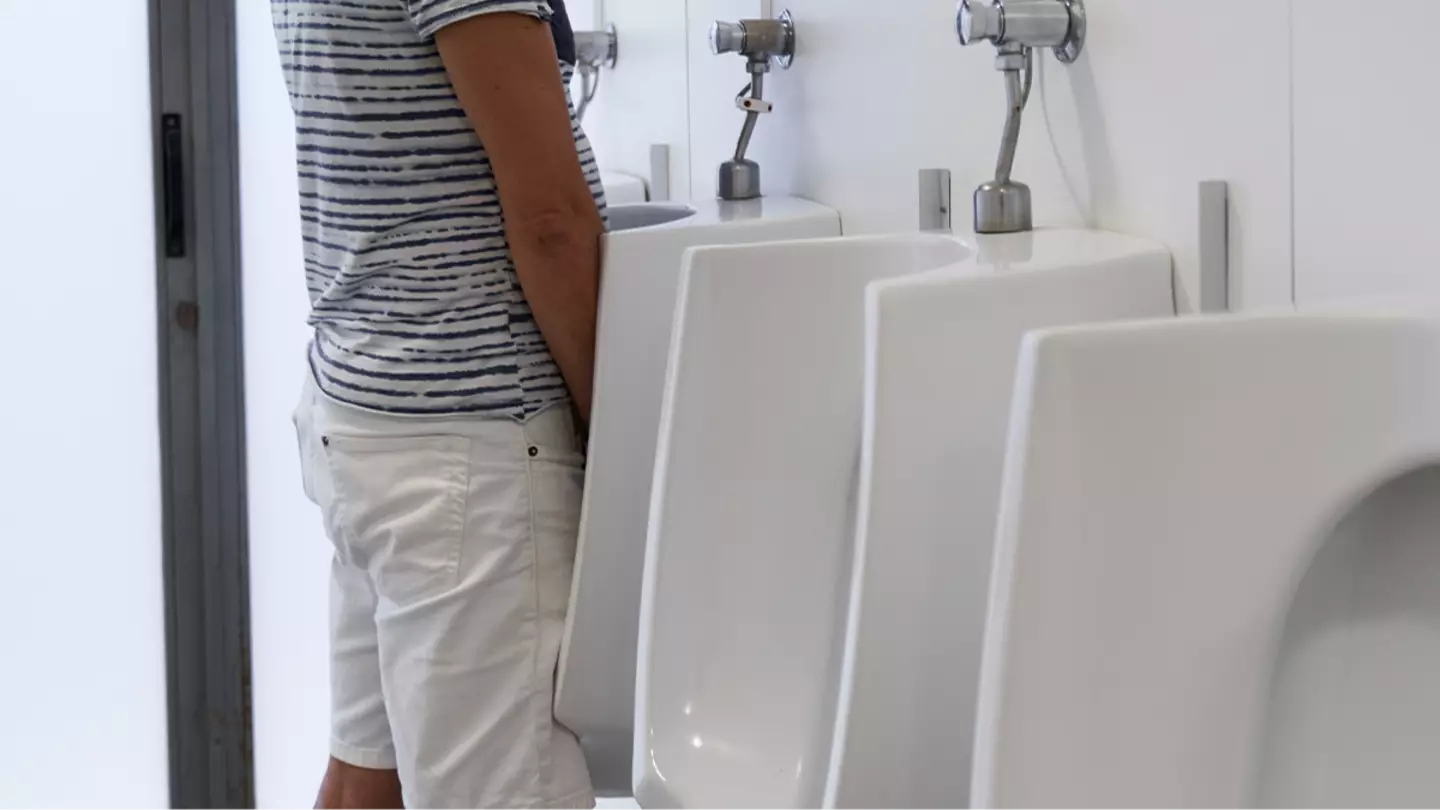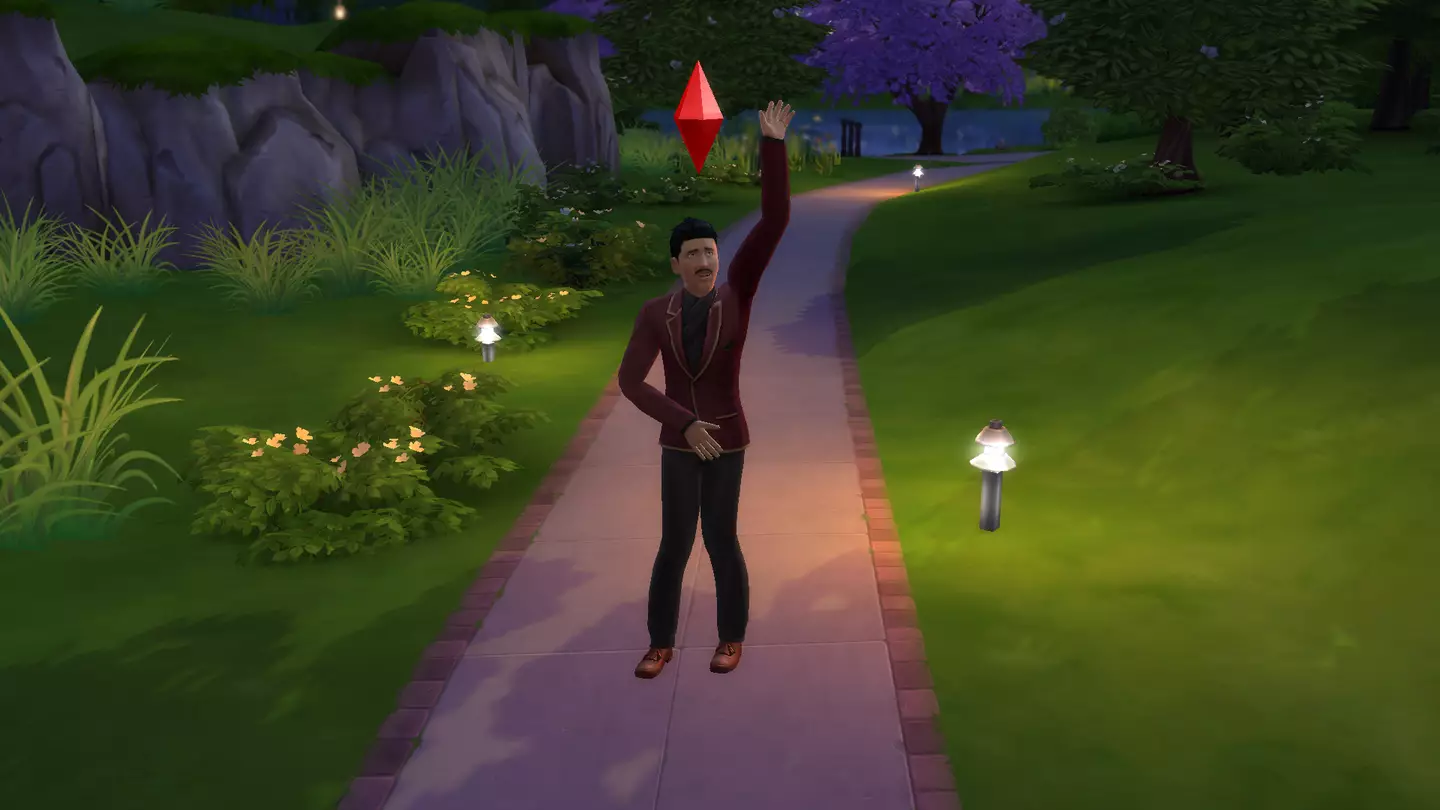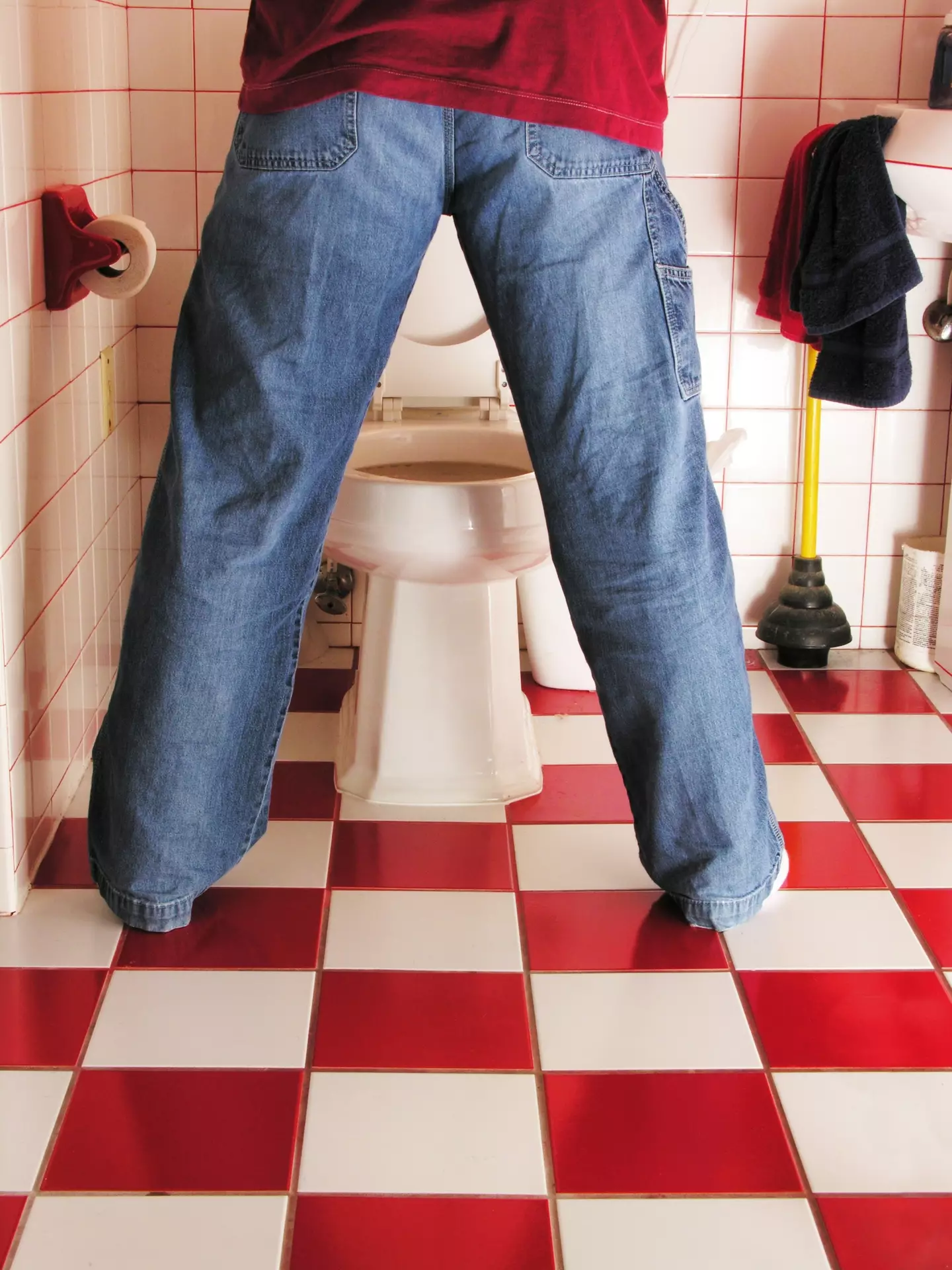
When you've got to go, you've got to go, and as long as you're not in a long car journey with your parents... it's usually okay.
Yes, holding a wee in for hours on the highway while my dad rushes to catch the Eurostar from the UK to France is a part of my childhood I'm happy to leave behind - and I'm sure most of our readers can resonate with enduring torturously-long journeys where our tardy parents won't pull into a gas station.
Anyway, I digress. The experts from the UK's Bladder & Bowel Community have revealed the number of times you pee per day that could be concerning and suggest something’s not quite right with your bladder.
According to these health professionals, most people should be nipping to the loo around six to seven times in a 24-hour period - assuming you’re drinking roughly two litres of fluids.
Advert

But don’t panic if you fall slightly outside that range, as going anywhere between 4 and 10 times a day can still be perfectly normal. The key question you need to ask yourself is, is your bladder bothering you?
If you’re finding yourself constantly scouting out the nearest toilet or struggling to sit through a full film without getting the urge, you might be dealing with what’s known as an overactive bladder.
This means your bladder contracts even when it’s not full, making you feel like you need to pee when you really don’t.
It’s not just about frequency either, people with this issue often report a sudden, urgent need to go, sometimes even before making it to the loo - which can lead to leaks.

As for what actually affects how often we need to pee... well, there's quite a lot. From how much water - coffee, beer, any liquid - you’re drinking to medications you might be on... especially water tablets.
Then as we've mentioned in a previous article, your diet, lifestyle, and even age can all play a part. Kids, for example, tend to pee more often than adults.
If your bathroom visits are starting to control your life - or you’re constantly uncomfortable, getting up several times during the night, or having accidents - it might be time to speak to a healthcare professional about it.
Before any appointment, it’s a good idea to track your toilet habits for a few days, writing down how often you go, how much you pee, and any leaks or discomfort.